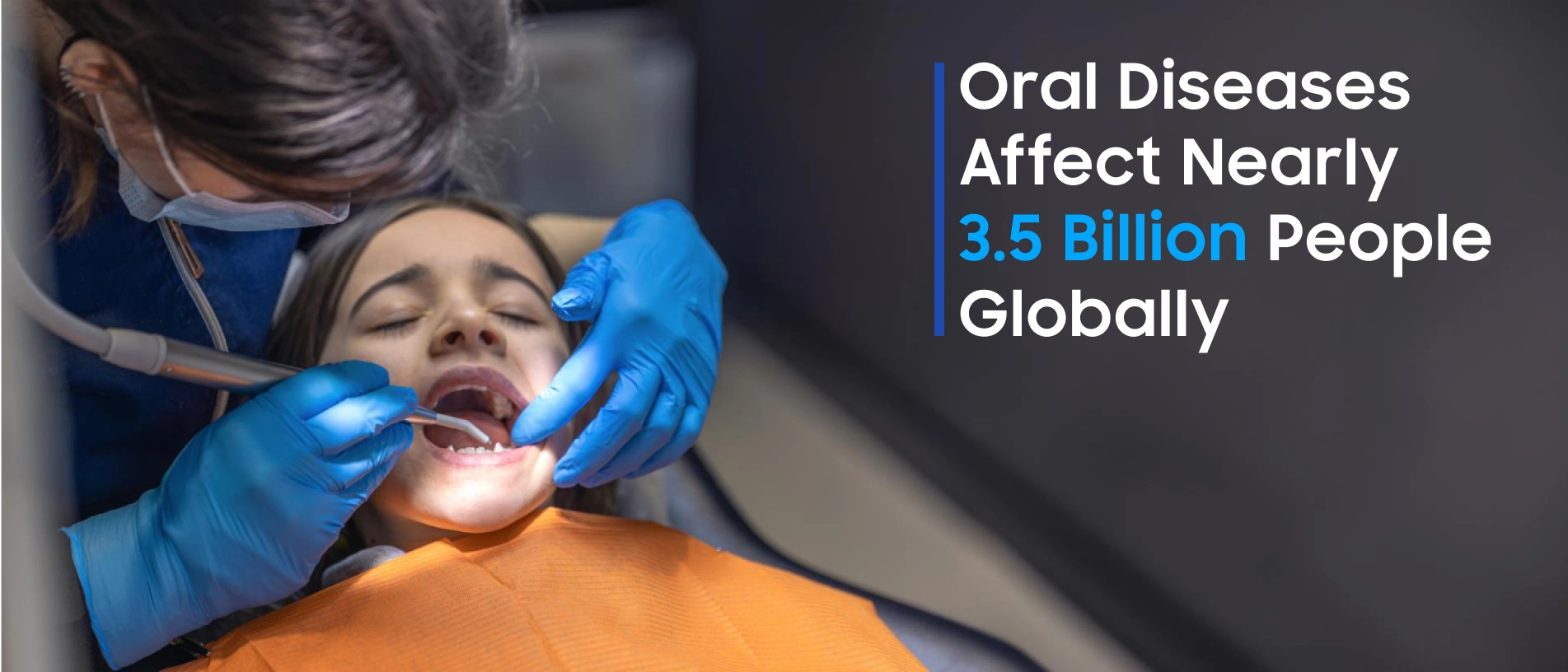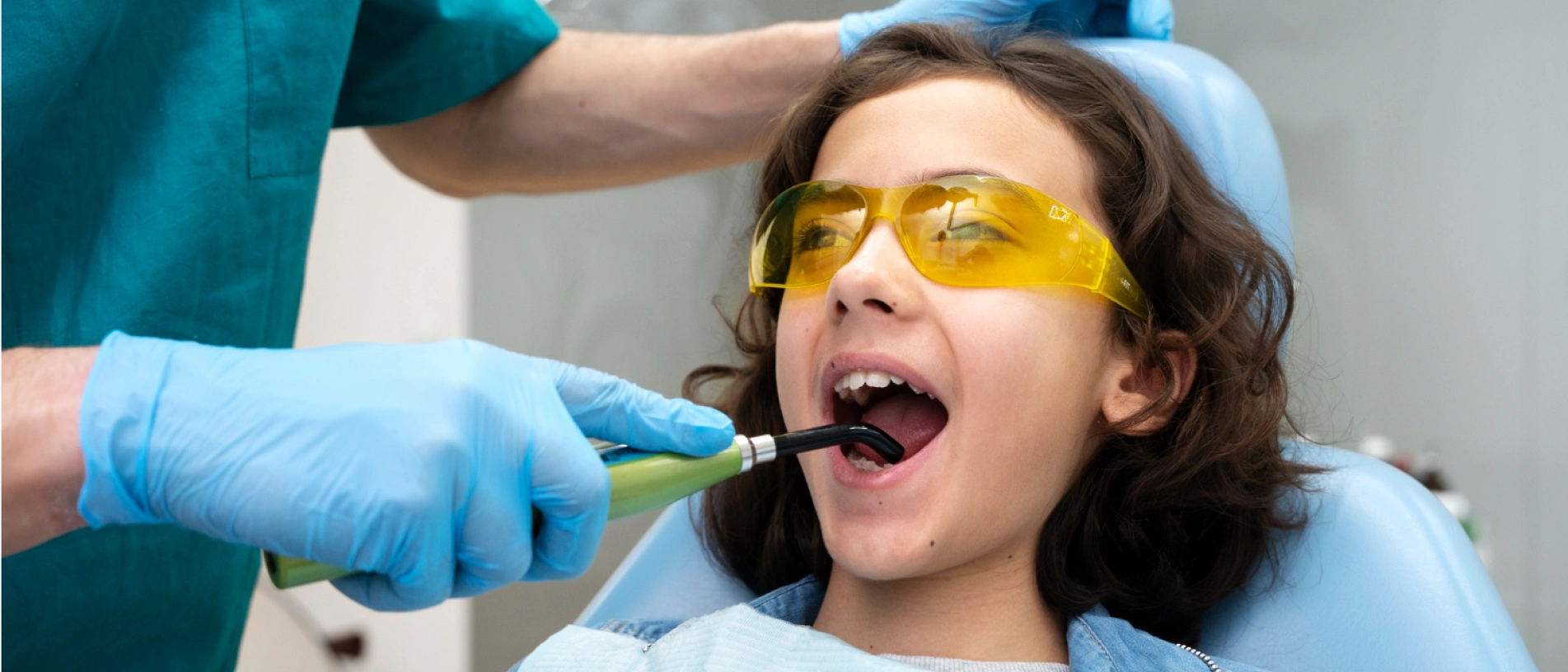
Black Stains on Teeth: Causes, Professional Treatments & Removal Options
Noticing dark spots or lines on your teeth can be worrying, especially when they don’t go away after brushing.
Table of contents
In this guide, we will explain the importance of oral hygiene, effective tips, essential procedures, and the best practices for healthy teeth that everyone can adopt to safeguard their dental and general health.
When you understand the importance of oral hygiene, you recognise that small daily habits are investments in long-term health and comfort not just in appearance.

| Time of Day | Habit | Why It Helps | Tips |
|---|---|---|---|
| Morning (after waking up) | Brush for two minutes with fluoride toothpaste; clean tongue | Removes overnight plaque build-up; freshens breath | Use a soft-bristled brush; angle at 45° along gum line |
| Midday / After meals | Rinse mouth with water; chew sugar-free gum | Reduces acid attack, lowers food residues | If brushing is not possible, at least rinse thoroughly |
| Evening (before bed) | Brush again; floss or use interdental cleaner | Night is when saliva flow slows; bacteria grow | Use floss, interdental brushes, or water flossers |
| Weekly / As needed | Replace toothbrush; use mouthwash; manage diet | Worn bristles are less effective; mouthwash can help where brushing misses | Store brush upright; avoid sugary snacks between meals |
Identifying and treating the causes of a cavity early helps protect your tooth structure.
When decay or illness reaches the pulp, the operation removes the damaged tissue, preserving the tooth.

Soft-bristle brush, fluoride toothpaste, dental floss, and interdental brushes. Change your toothbrush every 3-4 months or sooner if bristles are frayed.
If you experience any of these, schedule an examination. PowerSmiles Dental Clinic offers urgent care and well-equipped treatment rooms to address problems before they worsen.

For residents of Bangalore, PowerSmiles Dental Clinic offers full dental services—from preventive care to advanced treatments like implants, braces, root canals, and cosmetic dentistry. Our skilled dentists, modern tools, and clean, caring environment make treatment safe and comfortable.
Other Blogs

Noticing dark spots or lines on your teeth can be worrying, especially when they don’t go away after brushing.

A beautiful smile isn’t enough to keep your mouth healthy. Bad oral hygiene has been linked to diabetes, and other serious health issues.

Is it better to have dental implants or dentures? This is the question many of you have while seeking a solution for your lost teeth, and the fact is that
WhatsApp us